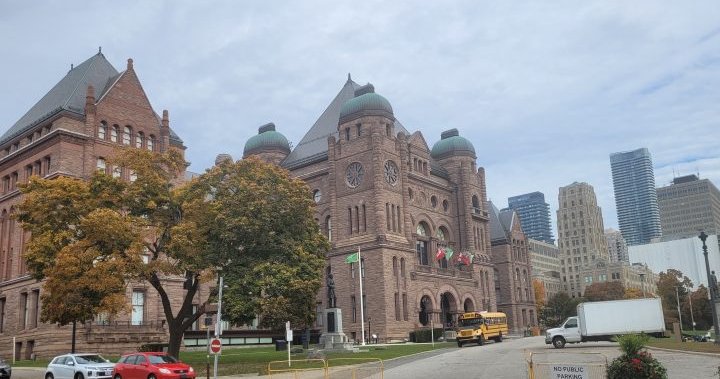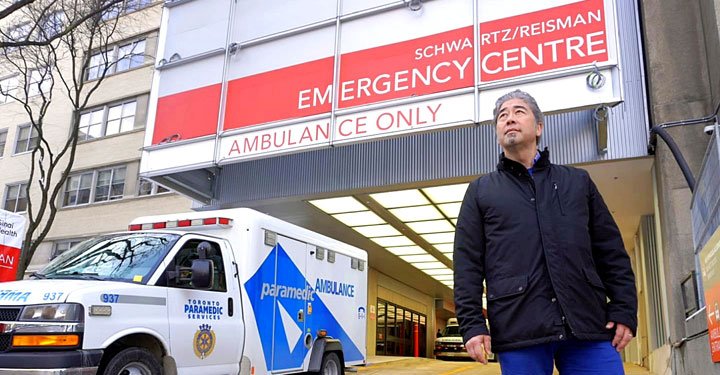During the first wave of the COVID-19 pandemic, Toronto emergency room physician Jacques Lee was met with an elderly man who felt he was dying from loneliness.
“He begged me not to go back (to long-term care),” said Dr. Lee, the Research Chair in Geriatric Emergency Medicine at the Schwartz/Reisman Emergency Medicine Institute at Mount Sinai Hospital.
“He was stuck in his room and really hadn’t seen another human for months,” Lee said, explaining the pandemic made it difficult for the long-term care staff to interact with residents. “It broke my heart,” Lee recalled, when he was unable to follow up on the ER visit.
Now, Lee wants to make sure other seniors don’t suffer.
In September, alongside a group of volunteers, he plans to launch a follow-up phone-call program called the ‘social isolation and loneliness trial’. It will allow volunteers to contact ER patients aged 70-plus who have been identified by a doctor as lonely.
“(Volunteers) will work with individuals to identify goals … that would improve their quality of life,” he explained.
The trained volunteers will then coach patients to reach those goals. A similar program, he said, has already found success in Australia.
“It’s estimated 45,000 Canadians die of loneliness each year.”
“It is as bad as smoking cigarettes,” said Lee of the dire impact of social isolation.
Eighty-year-old Sharon Butala is surprised the number isn’t higher.
“It’s grief … it’s sadness,” the Calgary-based author told Global News. Butala, who lost her husband in 2007, says she has experienced loneliness herself.
In her latest book, This Strange Visible Air due out in September, she writes about aging, penning an essay on social isolation. For many seniors, she said, the pandemic has made it worse.
“The social engagement is down to zilch … it can get scary if you don’t get out of (the cycle of loneliness),” she said.

Danilo Bzdok, a researcher and associate professor of biomedical engineering at McGill University, is studying the connection between loneliness and brain function in the aging population and calls the feeling itself an ‘infectious disease.’
Read more:
Loneliness even unhealthier than obesity, should be a public health priority: psychologist
“It has wide-ranging consequences for the entire body. It affects the immune system. It affects wound healing,” Bzdok explained.
He said while COVID-19 has forced many into socially isolated situations, for scientists the pandemic offers a unique opportunity.
“It’s a chance to learn about this capacity that makes humans … humans. Complex social interaction,” said Bzdok.
Dr. Lee hopes his trial becomes a more permanent solution to a problem he said seniors are 60 per cent more likely to face.
“I would love to have a service to say, ‘hey, we can help you,’” Lee told Global News.
But Butala isn’t convinced there is a simple solution for her and her peers. She explained that death of family, friends and spouses makes loneliness almost inevitable.
“There will always be loneliness,” she said. “It’s the human condition.”
© 2021 Global News, a division of Corus Entertainment Inc.









More Stories
B.C. to ban drug use in all public places in major overhaul of decriminalization | Globalnews.ca
Reduce salmonella in certain frozen chicken products: USDA to producers | CBC News
More than 115 cases of eye damage reported in Ontario after solar eclipse